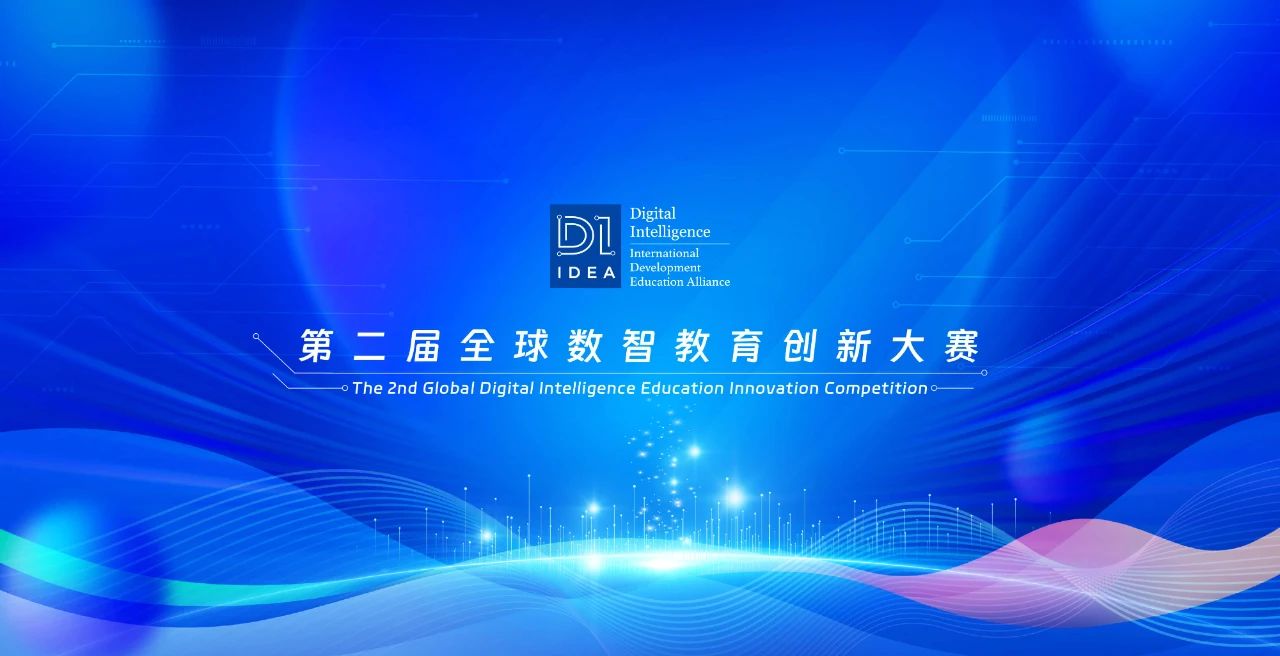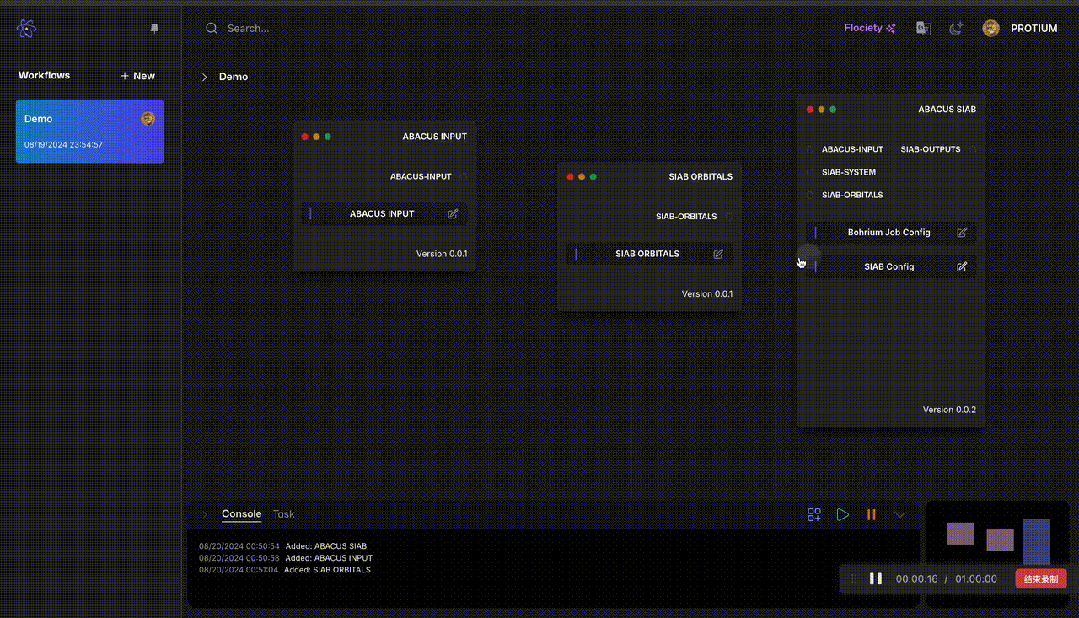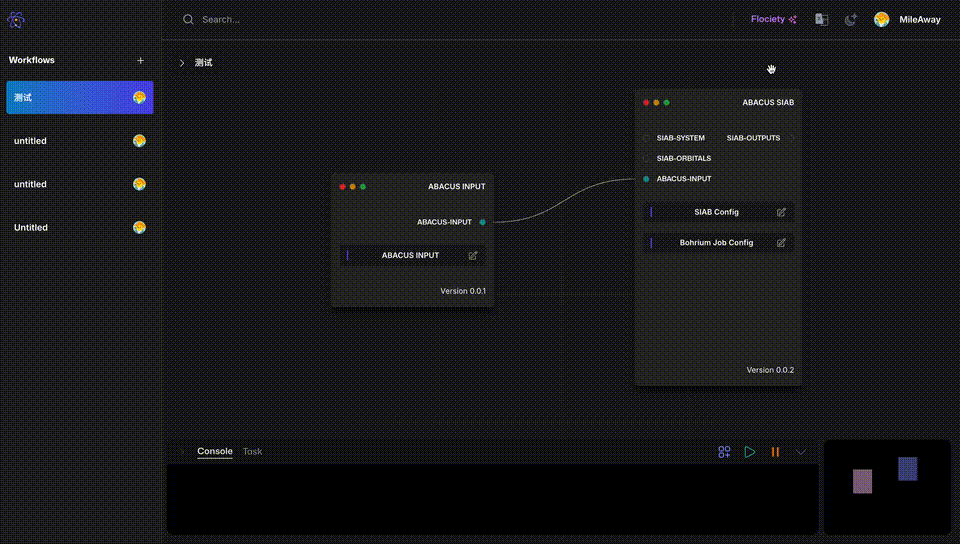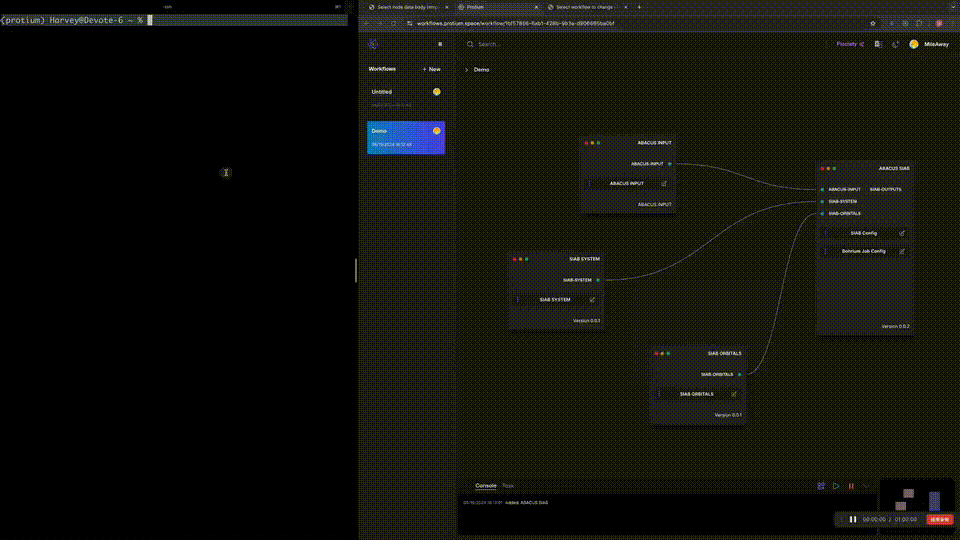
Peking University, May 21, 2025: Sizeable cash prizes are up for grabs at Peking University’s 2nd Global Digital Intelligence Innovation Education Competition (DI-IDEA competition), where contesting teams will compete in devising the best digital solutions for scientific problems.
The competition is divided into 3 main tracks: AI for Science, AI for Education, and AI for Learning, with AI for Science having 3 sub-tracks—Geoinformatics, Intelligent Experimentation, and High Performance Computing, each having a hefty cash prize.
In response to the new opportunities and challenges presented by the digital intelligence era to global higher education, Peking University has collaborated with 32 universities worldwide to establish the Digital Intelligence International Development Education Alliance (DI-IDEA). The first DI-IDEA competition held last year drew more than 1100 participants from around the world, competing in digital solutions for tasks ranging from life sciences to cultural heritage preservation.
Check below for details on each track:

To cope with the extensive aspects of AI applications in science, this track is broken down into 3 sub-tracks : A. Geoinformatics Track; B. Intelligent Experimentation Track; and C. High-Performance Computing Track.
A. Geoinformatics
This topic invites participants to explore innovative applications of geoinformatics combined with AI and big data. Teams will define their own problems and propose creative, feasible solutions with societal impact. The focus is on advancing AI-powered aerospace data processing and analysis in areas such as agriculture, forestry, transportation, and urban governance.
Prize pool: ¥200,000
· Gold Award (1): Trophy, cash prize, and certificate
· Silver Awards (1-3): Cash prize and certificate
· Bronze Awards (3-5): Cash prize and certificate
· Merit Awards (6-10): Cash prize and certificate
B. Intelligent Experimentation
This topic focuses on the automation and intelligent control of organic chemical synthesis. Participants will use laboratory control software, provided components, and experimental protocols to design and implement automated synthesis workflows.
Prize pool: ¥200,000
· Gold Award (1): Trophy, cash prize, and certificate
· Silver Awards (1-3): Cash prize and certificate
· Bronze Awards (3-5): Cash prize and certificate
· Merit Awards (6-10): Cash prize and certificate
Outstanding teams/individuals may receive internships, collaborations, or project support from research institutions/enterprises.
C. High-Performance Computing
This topic focuses on the high-performance optimization of large AI for Science models, addressing challenges in adapting and optimizing them for various hardware platforms. Participants are required to deploy workflows on domestic hardware, optimizing algorithms or adaptation strategies to enhance performance while maintaining a certain level of effectiveness.
Prize pool: ¥195,000
· Gold Prize (3): Trophy, cash prize, and certificate;
· Silver Prize (6): Cash prize and certificate;
· Bronze Prize (9): Cash prize and certificate.
Additionally, teams advancing to the semifinals will receive computing power support from the organizers, with specific details to be announced in June.
Check “
here” for more details.

The competition is open to individuals or teams working in any higher education context or disciplinary setting. Entries may involve the application of existing technologies in novel contexts or the development of new technologies to address an educational challenge. What is essential, however, is that the project involves not just a ‘vision’ or a ‘demonstration’ of the potential of AI in education, but reports on its implementation and evaluation in an authentic educational setting.
· Gold Award (1): Trophy and certificate
· Silver Awards (1-3): Certificate
· Bronze Awards (3-5): Certificate
· Merit Awards (6-10): Certificate
Check “
here” for more details

Participants may choose any of the following themes and transform their creative ideas into practical AI solutions tailored to a specific learning scenario. Deliverables may include, but are not limited to, Feishu multi-dimensional spreadsheets, mobile apps, web pages, intelligent agents, or demos. Participants are encouraged to use Feishu as an efficient tool for collaboration and communication.
Prize pool: ¥200,000
· Gold Award (1): Trophy, cash prize, and certificate
· Silver Awards (1-3): Cash prize and certificate
· Bronze Awards (3-5): Cash prize and certificate
· Feishu Special Awards (3-5): Cash prize and certificate
· Merit Awards (6-10): Cash prize and certificate
Check “
here” for more details.

In the first competition, the Golden Award in the Application Development Track was given to the project PROTIUM-AI for Science Workflow, a visual application designed for researchers, addressing interdisciplinary challenges through its flexible workflow interface.



Comment from experts:
The inherent complexity of AI for Science necessitates workflow-based approaches, which inherently offer greater flexibility and adaptability, positioning their work as a promising candidate for becoming a standardized instrument in the daily toolkit of scientific researchers.

Scan the QR code below and join the 2nd Global Digital Intelligence Education Innovation Competition! Embark on this quest where you will find opportunities to collaborate with top universities, innovate AI solutions, and win prizes!
 Written by
Written by: Zhang Yang
Edited by: Chen Shizhuo









